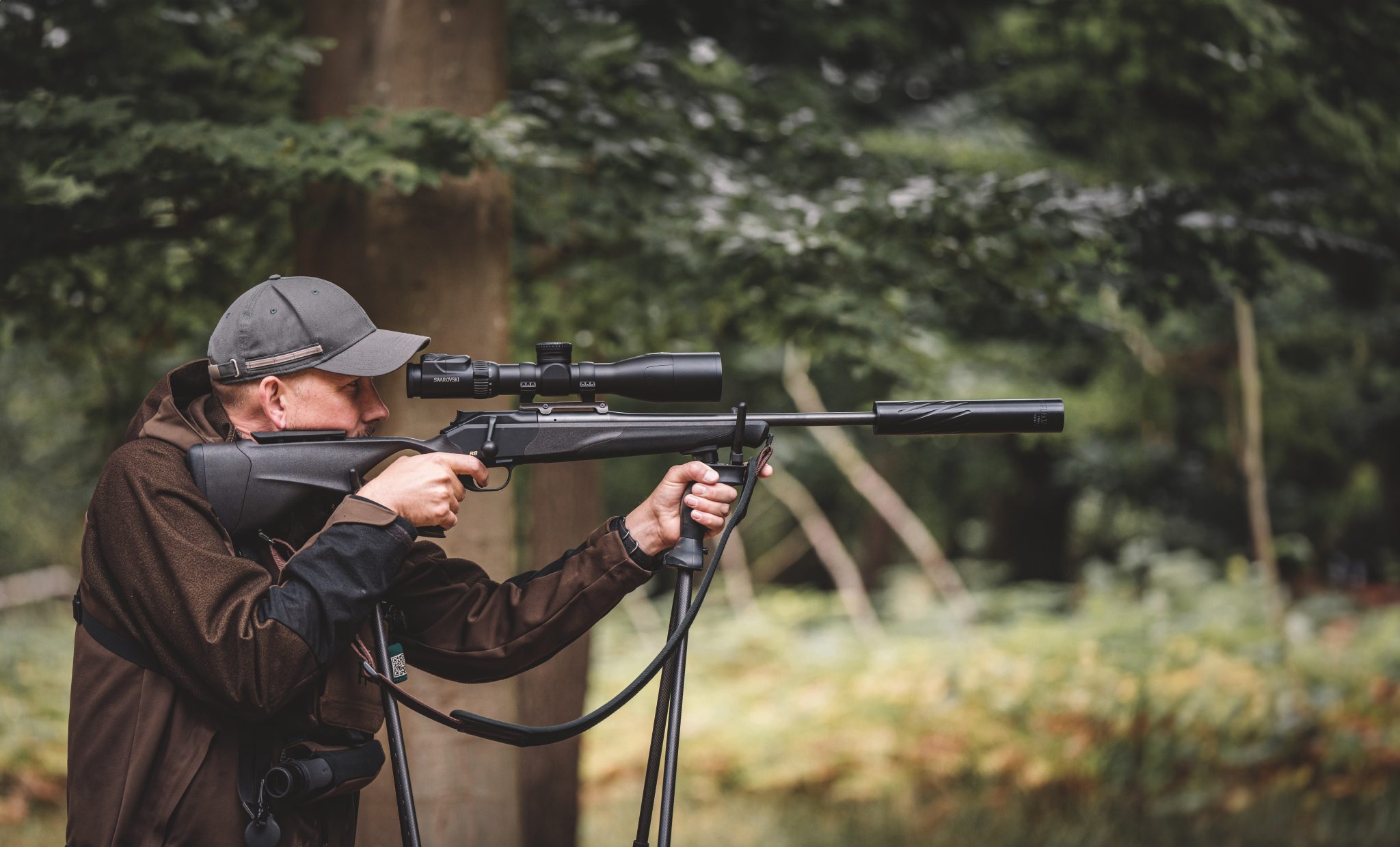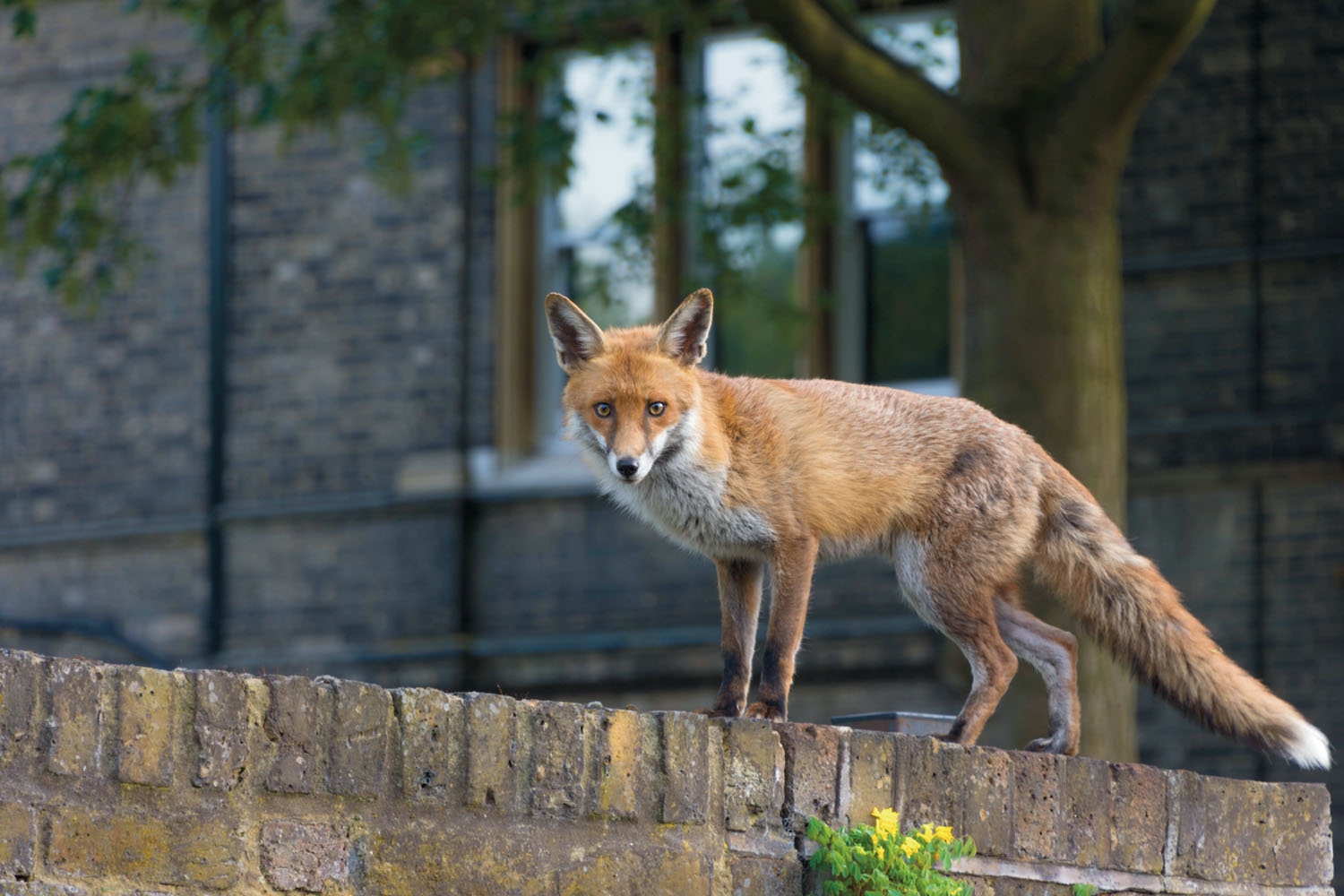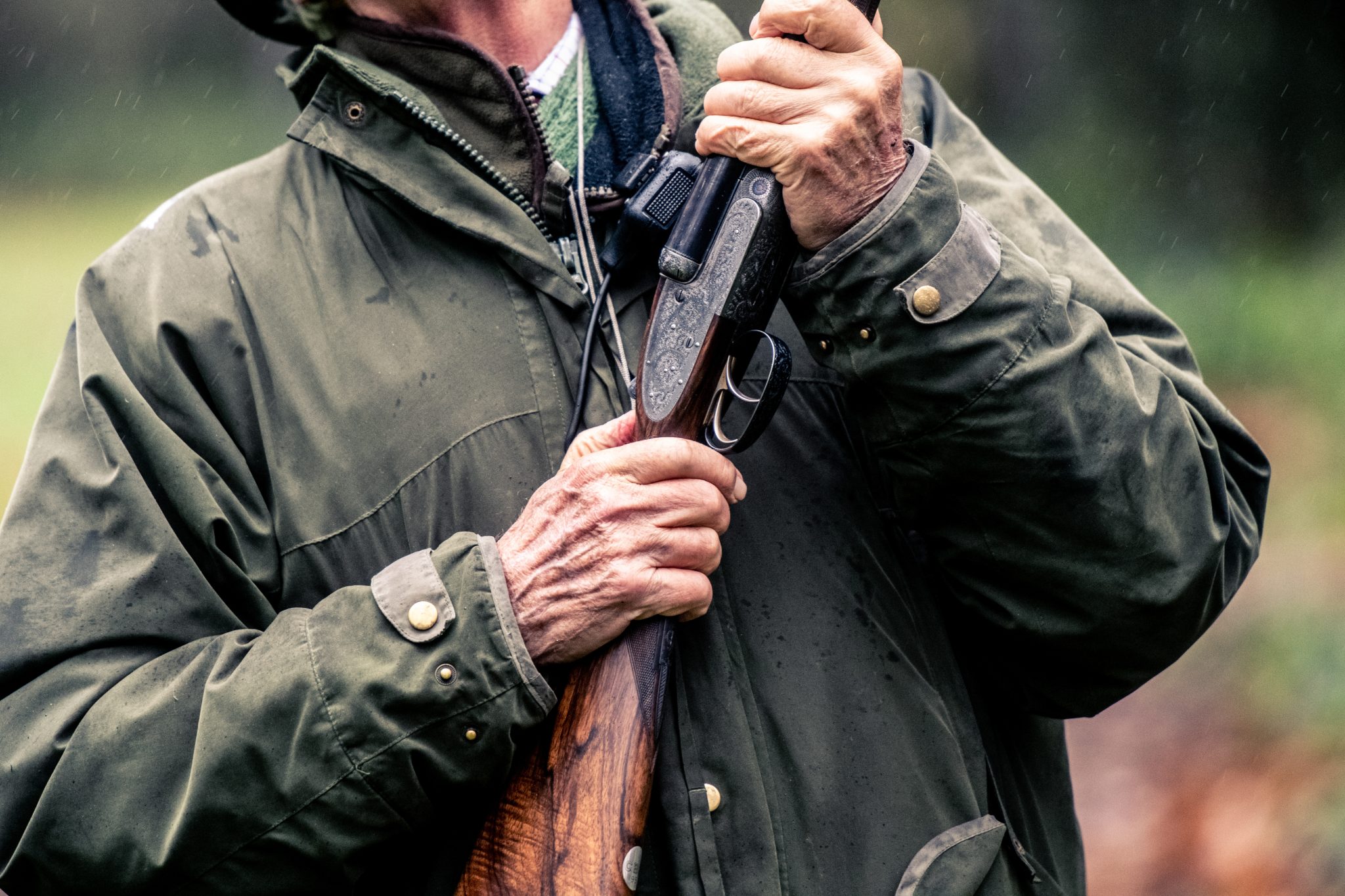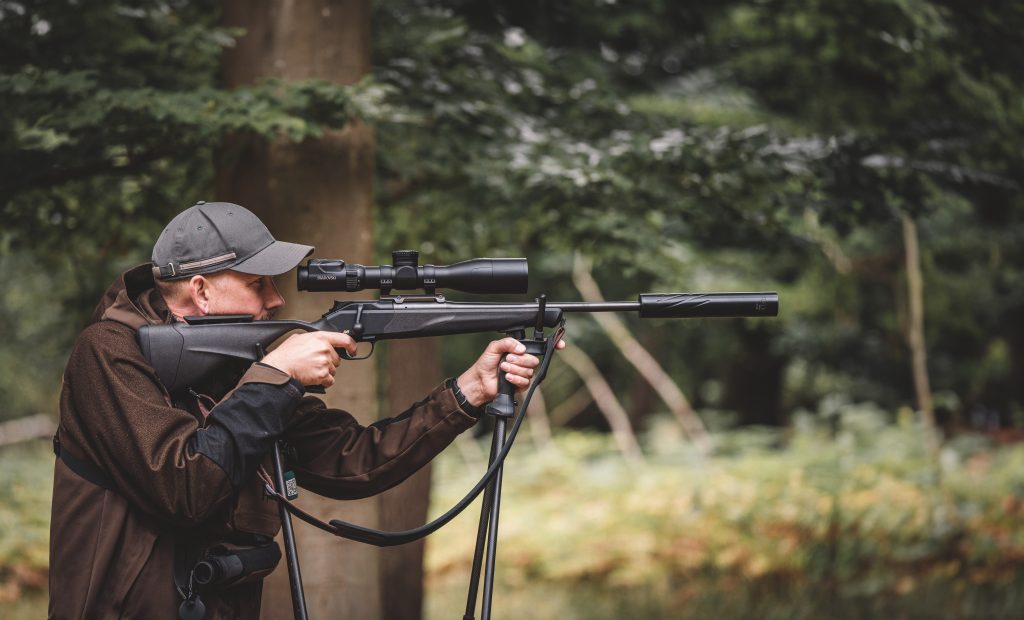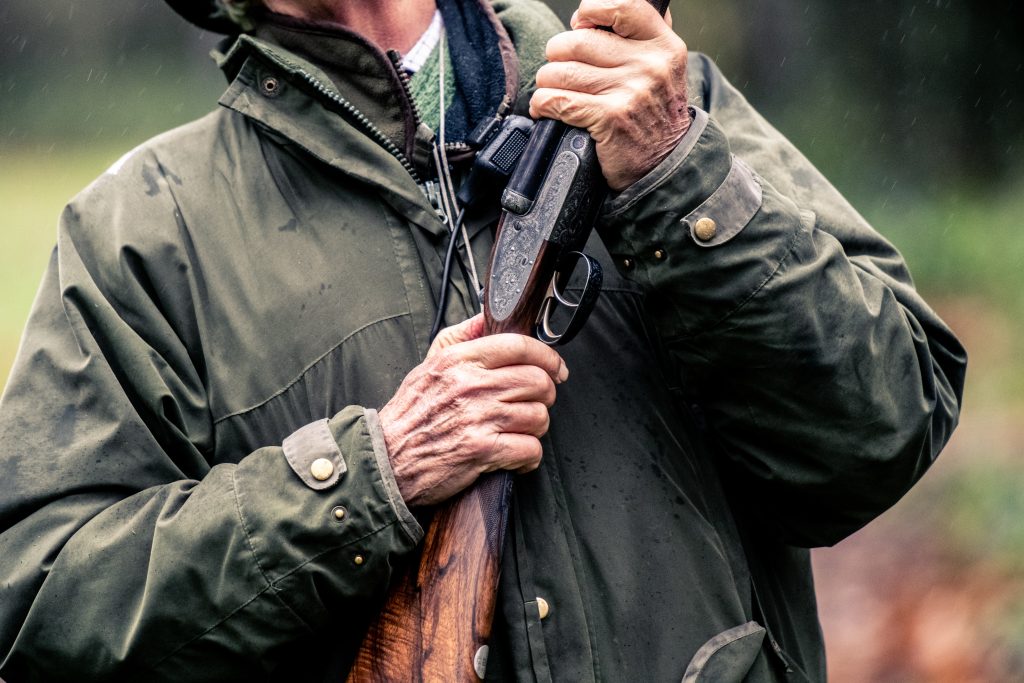★ Win a Schöffel Country shooting coat for everyone in your syndicate worth up to £6,000! Enter here ★
2022 bird flu outbreak – what we know so far and latest updates
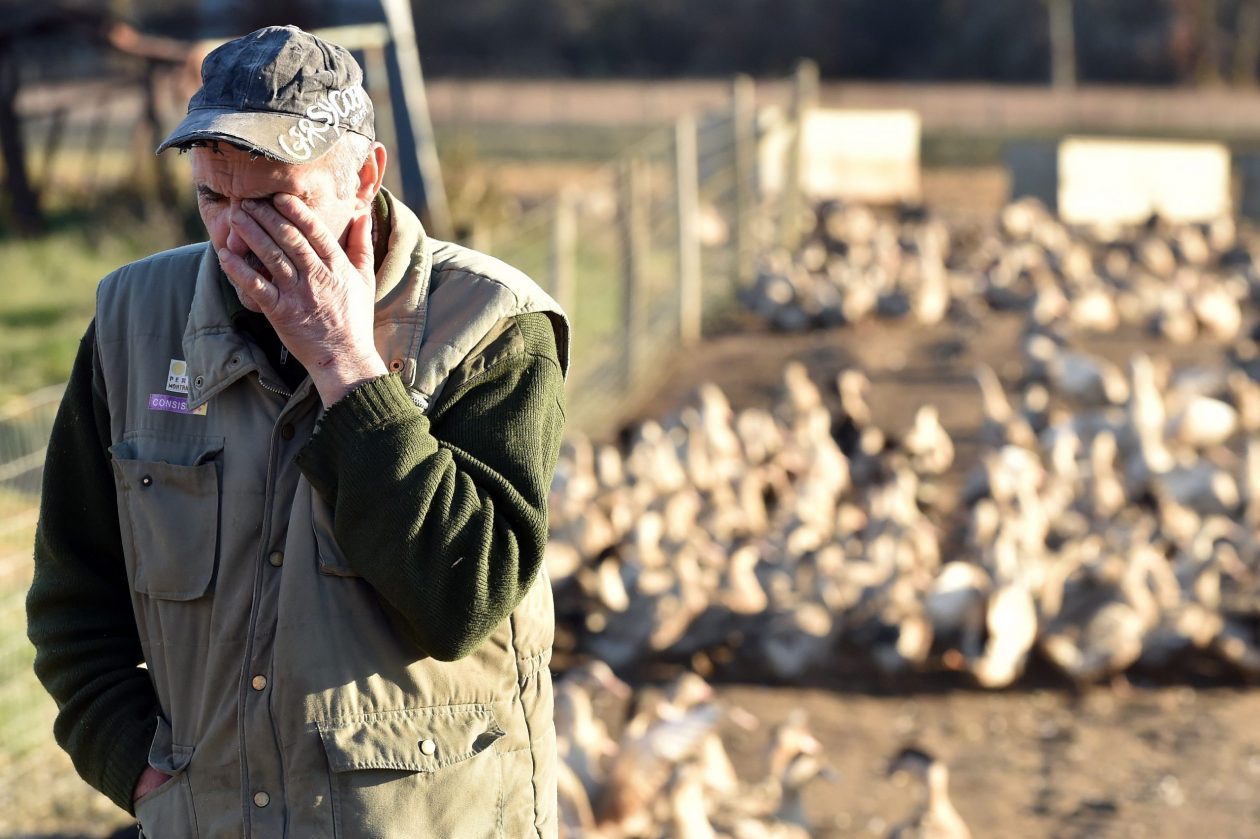
April 14
The french bird flu outbreak continues to slow, but new cases are still being reported. New cases in Vendée, the most important department for gamebird production, showed a marked slowdown between the 5th and the 12th of April with outbreaks recorded at 13 new premises, the previous week saw 17 new cases recorded, with the week before that seeing 43 new cases. This has raised hopes that the outbreak may be slowing to a stop. More good news came from the neighbouring department of Loire-Atlantique which saw just 5 new confirmed cases in the same week and in Maine et Loire a similar pattern was evident. Meanwhile a feared new hot spot in Finisterre has yet to materialise with just one case confirmed so far. While this slow down in new cases is good news, exports of chicks or eggs to the UK remain several months away and disruption to the start of the shooting season is highly likely. Shoots all over the country have told Shooting Times that they have been unable to source birds and are planning to delay the start of their season.
March 24
The two largest game farms in France have both told their respective suppliers that eggs will not be delivered to the UK until July at the earliest. In their statement, the NGO urges, “…all keepers and shoot owners and managers to have a serious conversation with your bird supplier as a matter of urgency about what they realistically hope to be able to supply you with for the upcoming season.”
Free-range eggs no longer available in UK due to bird flu https://t.co/Q0T9CTlM5l
— BBC News (UK) (@BBCNews) March 21, 2022
March 21
As of today, free range eggs are no longer available in the UK due to the ongoing bird flu outbreak.
March 17
Another UK bird flu outbreak was confirmed in Derbyshire today, as 13 swans and Canadian geese were found dead at Straw’s Bridge Local Nature Reserve, who confirmed after testing they had the virus. The virus is even spreading among the Queen’s own flock of swans, 26 of which had to be culled on the Thames at Windsor to stop the spread of bird flu.
Meanwhile, bird flu continues to spread around Scotland after another outbreak was confirmed in Aberdeenshire.
The National Farmer’s Union have said that the measures put in place back in November to try and curb the spread of bird flu are unlikely to be lifted by 21st March. They also warned that from this date, the 16-week grace period in place for the marketing of free range eggs will come to and end. According to Farming UK, NFU chief poultry adviser Aimee Mahony said: “These housing measures apply to all poultry keepers, whether you have one hen in the garden or a large poultry business.
“Vigilance is key with this disease and it’s vital that keepers report any signs of disease in their birds at the earliest opportunity to help prevent any further outbreaks.”
March 16
According to reports, Suffolk is now experiencing one of its worst ever bird flu outbreaks, resulting in the culling of 50,000 birds.
There may be some good news soon, however, as chief veterinary officer Christine Middlemiss also suggests that though the current risk is still ‘very high’, infections are expected to reduce in the coming weeks as the migratory season for wild birds comes to an end.
But many still have grave concerns regarding the impact currently being felt in the rural community, and how the current outbreak, reportedly now the worst in UK history, impacts trading and business. Shooting Times contributor Liam Bell said: “While if feel we need to accept that outbreaks of AI [bird flu] will become more common, and that we need to learn to live with it, it doesn’t make things any easier or any less worrying.
“The latest outbreaks both here and abroad are most definitely going to have an adverse affect on this coming season. Eggs and chicks are already in short supply, due to both the culling of adult pheasants and partridge in infected flocks, and movement restrictions triggered by outbreaks of AI in wild birds and poultry. Many shoots are struggling to find poults, with most game farms sold out already, and spare birds commanding a premium.”
March 15
News came out earlier today that fourteen American states have reported bird flu outbreaks. The states include Wisconsin, Iowa, Kansas, and Illinois. In Wisconsin, 2.75 million egg-laying chickens will be culled to prevent the outbreak spreading further, according to state officials. This number would bring the total of culled commercially raised chickens and turkeys nationwide in America to 6.7 million since February. It is the largest outbreak of bird flu in the USA since 2015, during which 50 million birds died.
Bird Flu Case Found in Southern #Wisconsin Chicken Flock — The Associated Press #BirdFlu @USDA #chicken #Poultry https://t.co/IoIye3aYiI
— AGree (@AGreeAgPolicy) March 15, 2022
All poultry owners, regardless of flock numbers, are urged to follow strict biosecurity measures to protect birds from #AvianFlu. For advice on protecting flocks & recognizing symptoms: https://t.co/SIqFodvPrY. Report signs of illness to @InspectionCan at 709-772-4424. #GovNL pic.twitter.com/t6PgAolvZB
— Fisheries, Forestry and Agriculture NL (@FFA_GovNL) March 15, 2022
? Avian influenza (#BirdFlu) has been detected in a number of wild birds in #Lancashire.
The risk to public health is very low.
However, do not touch or pick up any dead or sick birds. Instead, call the Defra helpline on 03459 33 55 77 ☎️
More at: https://t.co/jO73Klww5p pic.twitter.com/D4HU3TsL8c
— NHS Central Lancs CCGs (@CentralLancCCGs) March 15, 2022
March 13 2022
The outbreaks of bird flu in France continue to be widely reported, specifically the severity of the outbreaks. 181 cases have been reported on commercial farms in the last nine days (keeping in mind that each case may well involve several birds), in the Vendee and Atlantique areas.
Meanwhile, in the UK, a second bird flu outbreak has been detected in Suffolk in the last 24 hours, making it the fourth to be detected in the last two weeks.
March 12 2022
News of the bird flu outbreak in France has been picked up by mainstream news media and is being widely reported. A ministry official said the authorities had slaughtered 1.2 million birds so far in the [Pays de la Loire region] area and expect to cull another three million.
You need to improve your biosecurity to minimise the chance of your flock contracting #birdflu. Why not use our new Biosecurity Checklist as a reminder, in conjunction with the @britishpoultry
.You can download it from the DAERA website at https://t.co/8PLRojQRG6 pic.twitter.com/b1mGmVfXsj
— DAERA (@daera_ni) March 11, 2022
March 11 2022
Compared to a normal year, it is expected that game farm production will run at a capacity of around 60%, with an expectation of 25% of a normal year’s worth of partridge, and 80% of a normal year’s worth of pheasants.
There is a strong likelihood that the start of the partridge season will be heavily reduced this year, with it also being likely that the disruption will continue into mid-October. But hopes remain that by then, things will be back up and running at a normal scale.
March 10 2022
Figures published late last year showed that in total, more than 100 cases of the disease have been recorded in the UK. This is almost four times the total recorded in the previous worst outbreak.
Unlike the figures used to monitor human diseases, a case relates to an outbreak, not to a single bird, so each case may involve multiple birds. The outbreak began in late October, and rapidly accelerated through November and December. The outbreak then slowed significantly in January and February and signs are that it is continuing to slow through March.
However, concern remains around the control measures introduced by the government and their potential effect on gamebird releases. As well as the specific ‘control’ and ‘surveillance’ zones around an individual outbreak, the entire United Kingdom is currently covered by an ‘Avian Influenza Prevention Zone’. The rules of the prevention zone include legally enforceable requirements to house poultry and to ensure strict biosecurity. Sheila Voas, Scotland’s chief vet, explained the need for strict measures to curtail the disease. She said: “Just one teaspoon of wild bird faeces infected with avian influenza can kill tens of thousands of birds, so it is important that people are maintaining good practices to protect their birds from AI.”
Following last season’s much less severe outbreak, the housing requirement was kept in place until the 31st of March, with other measures lasting into May. This raises a number of potentially disruptive scenarios for shooting. The worst scenario is that a prolonged outbreak leads to the nationwide housing requirements remaining in place well into the summer, this would prevent gamebirds being released.
This scenario is generally reckoned to be unlikely. A second more likely scenario is that significant numbers of ‘control’ and ‘surveillance’ zones remain in place in response to sporadic outbreaks and these disrupt distribution of birds from game farms, release of birds and even shoot days.
Related Articles
Get the latest news delivered direct to your door
Subscribe to Shooting Times & Country
Discover the ultimate companion for field sports enthusiasts with Shooting Times & Country Magazine, the UK’s leading weekly publication that has been at the forefront of shooting culture since 1882. Subscribers gain access to expert tips, comprehensive gear reviews, seasonal advice and a vibrant community of like-minded shooters.
Save on shop price when you subscribe with weekly issues featuring in-depth articles on gundog training, exclusive member offers and access to the digital back issue library. A Shooting Times & Country subscription is more than a magazine, don’t just read about the countryside; immerse yourself in its most authoritative and engaging publication.



